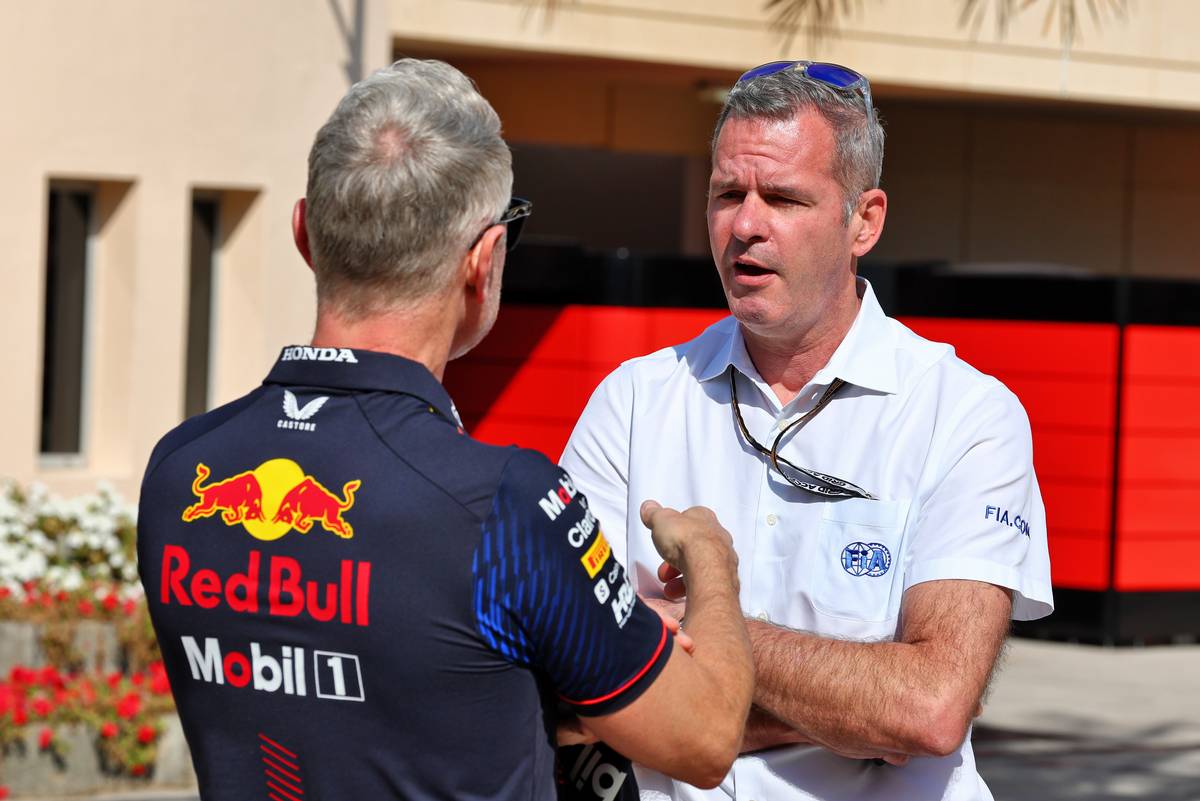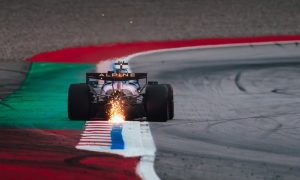
The stewards' handling of the Verstappen-Norris incident in the Austrian Grand Prix has come under scrutiny, with the FIA admitting they should have taken a more proactive approach.
The contentious incident involved Verstappen's aggressive defense against Lando Norris' attempts to overtake at the Red Bull Ring’s Turn 3.
McLaren felt a black-and-white warning flag for Verstappen's repeated instances of moving under braking could have prevented the late-race collision.
These maneuvers by Verstappen violated the FIA's Driving Standards Guidelines, which state that defending drivers cannot change direction after braking begins, except to follow the racing line. However, the stewards deemed the actions permissible at the time.
According to Motorsport.com, following discussions at the British Grand Prix team managers' meeting, it's understood that FIA race director Niels Wittich acknowledged the need for a different approach.
A post-race review revealed the governing body should have intervened earlier.
Wittich reportedly stated that a black-and-white warning flag for Verstappen would have been appropriate, especially considering the revised use of this signal in 2024.
Previously limited to unsportsmanlike conduct, the updated Appendix H of the FIA's regulations now allows this flag to warn drivers of actions potentially leading to penalties if repeated.
McLaren has welcomed the FIA's admission.

FIA race director Niels with Red Bull team manager Jonathan Wheatley.
"We are happy because I think the FIA have expressed their opinion around what happened in Austria and we are satisfied that this opinion confirms that our understanding straight after the race was correct, and during the race to some extent,” commented McLaren team principal Andrea Stella.
“During the race, you're not in a condition to influence very much, because you can't even talk to the stewards. You can talk to the race director, but actually, he does not talk to the stewards.
"So, our understanding was confirmed by the FIA, who will have obviously reviewed internally and might have updated their interpretation.
"And I think we all came to the conclusion that a warning should have been given to Max, if not black and white flag. And this would have prevented an escalation that led to the collision."
This revised approach to warnings could lead to more proactive race management and potentially prevent avoidable incidents in the future.
While the collision in Austria cannot be undone, the FIA's willingness to learn from its mistakes offers a chance to improve the overall fairness and competitiveness of Formula 1 racing.
Keep up to date with all the F1 news via Facebook and Twitter






